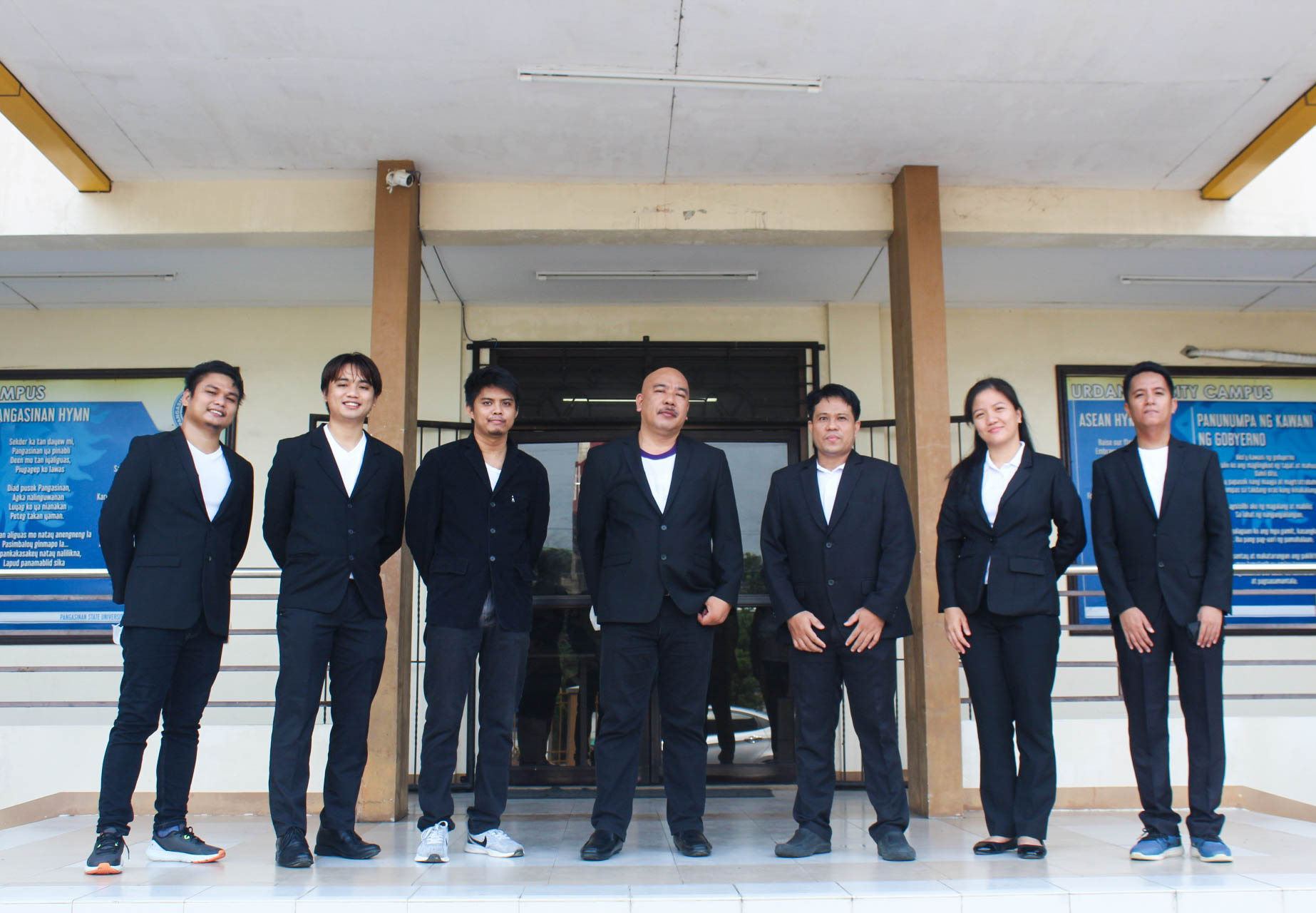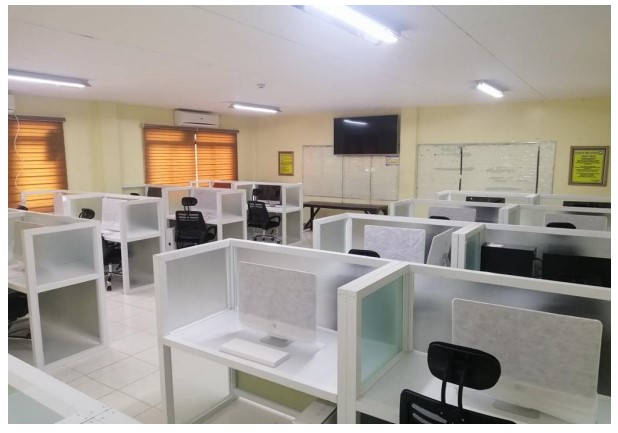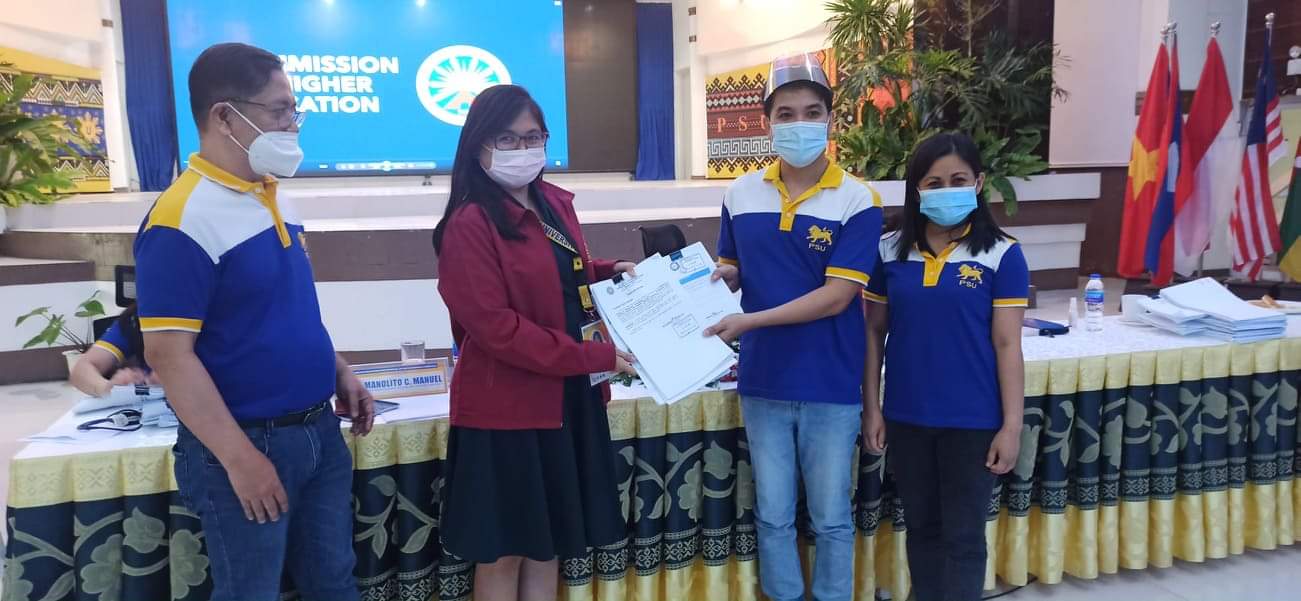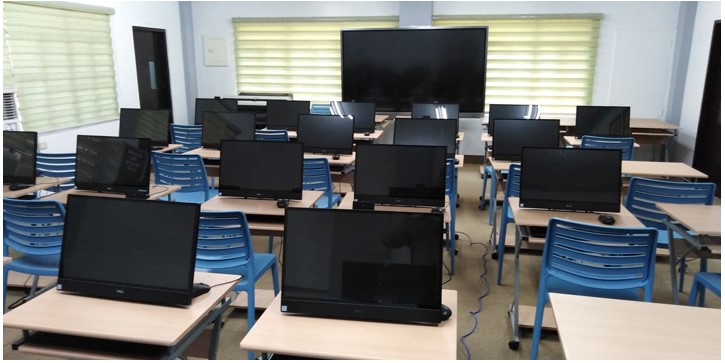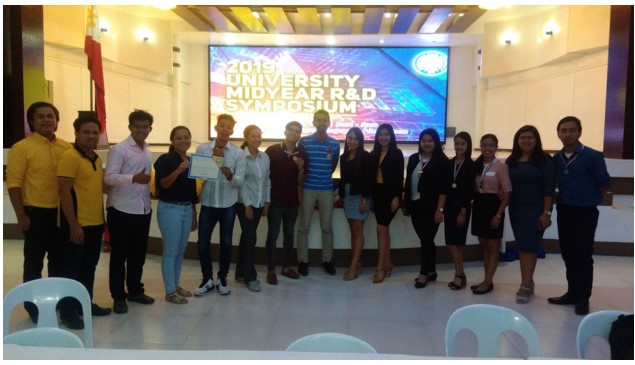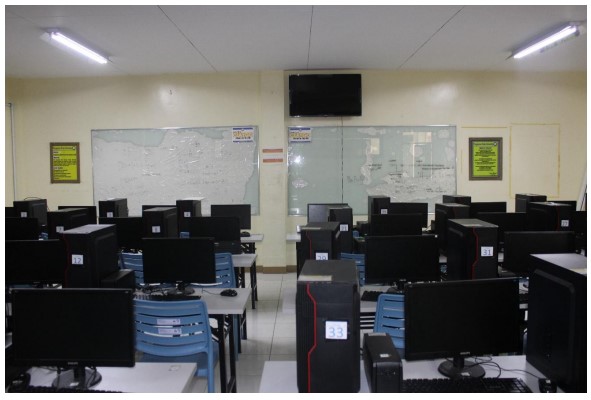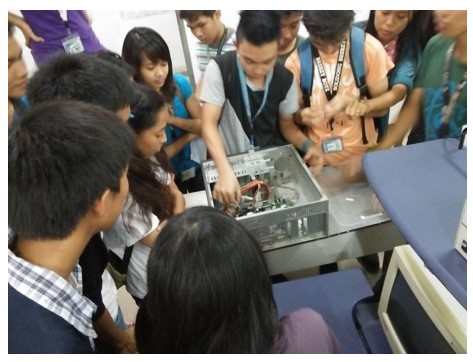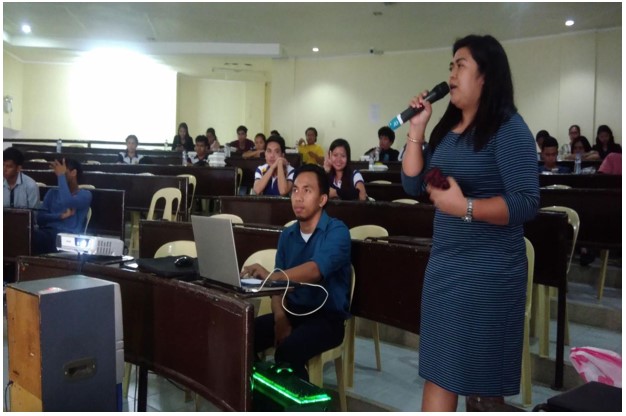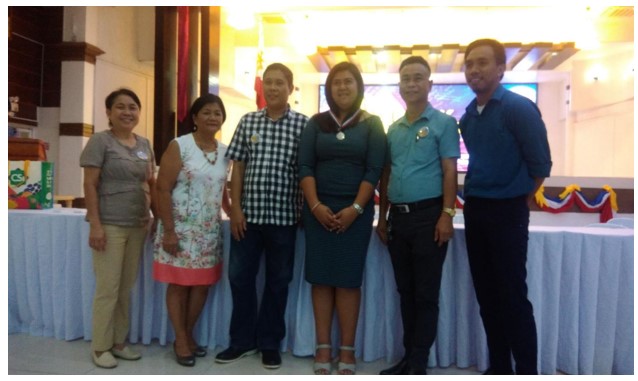
In behalf of the faculty members of the Mathematics and Natural Sciences Department, welcome to our family. It is our pleasure to have you virtually here with us to show you what we have, what we do, how we do it, and with your expertise and insights, get guidance on how to do these better.
Accreditation is an important part of the process towards excellence and achieving the University’s vision of becoming an ASEAN Premier State University. With your assessment as our guide, we can sustain the positive components of our program while instituting changes to areas that need improvement.
Thank you for becoming part of our journey in molding future mathematicians, contributing to body of knowledge, providing relevant community services, and creating products that benefit the society.
Thank you for your presence, and I hope you have a pleasant time with us.
Mr. Marvin B. Merlin
From its modest start in 1990 down to the present, the Mathematics Department PSU-Urdaneta has unswervingly served its clients, by continuously elevating the quality of the services it renders along with instruction, research, extension, and production.
The BS Mathematics has evolved as one of the 11 robust programs of PSU-Urdaneta. Over the years, the number of students choosing the program kept growing. There are almost 150 students who are enrolled for the Academic Year 2021-2022.
To maintain the high quality in the delivery of instruction, the faculty of the Mathematics Department pursue higher education and attend relevant seminars and workshops. In addition, the periodic accreditation program has been very helpful in the pursuit of academic excellence, as it ensures that the established service and operational standards are met.
Despite the economic downturns resulting from the pandemic, the need for future statisticians and researchers is even more pressing. Cognizant of this reality, the Mathematics Department continues to work shoulder to shoulder to support the University to attain its lofty mission and vision.
Accreditation Status: AACCUP LEVEL III Re-accredited
Organizational Chart
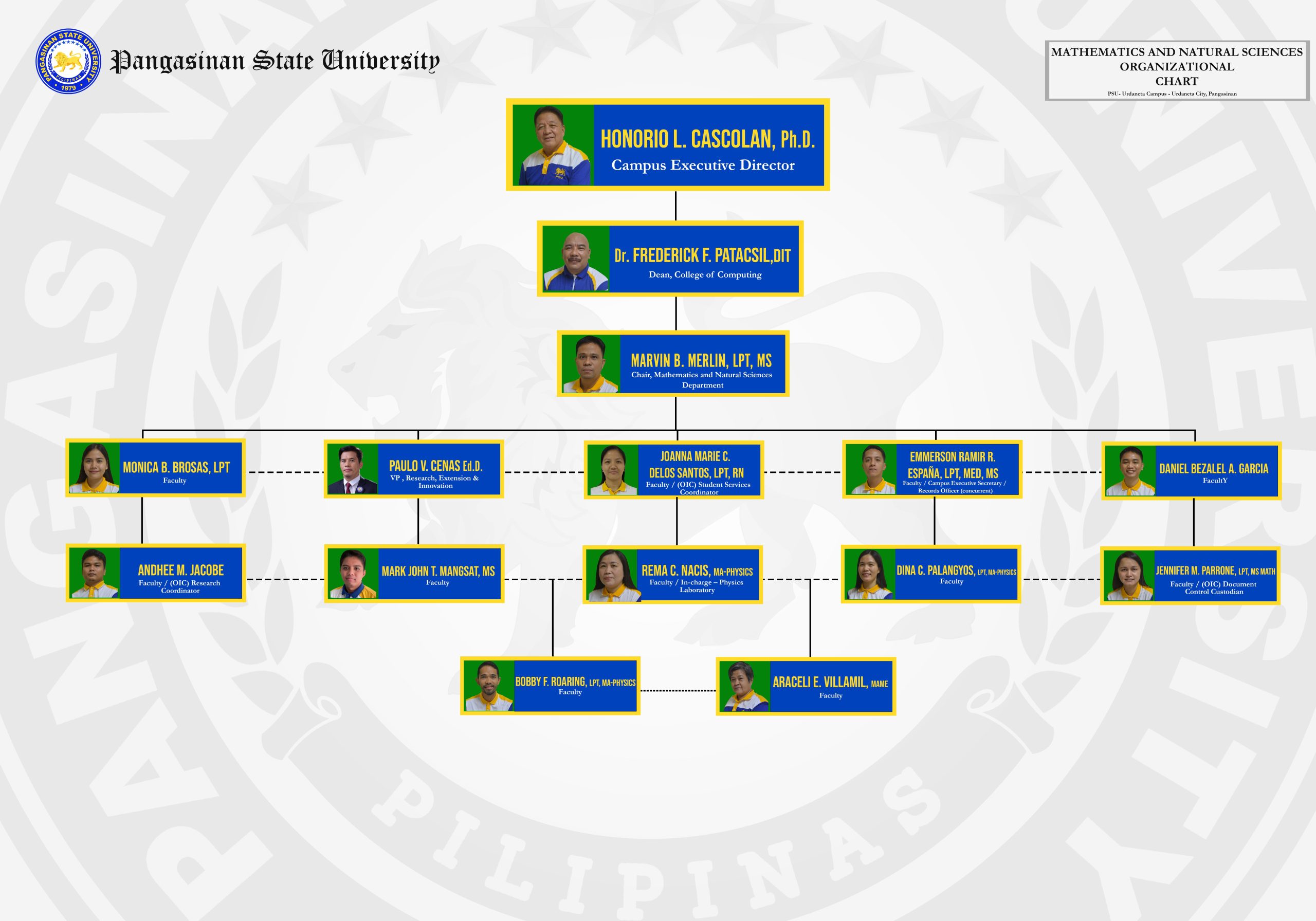
EMPLOYMENT OPPORTUNITIES
Graduates of BS Mathematics often obtain jobs in education (teaching in high school math courses or tertiary level elementary/service courses), statistics, actuarial science, operations research, risk management, business and economics, banking and finance, and computing and information technology
The BS Mathematics graduates shall be equipped with enhanced mathematical and critical thinking skills. Graduates are expected to have developed deeper appreciation and understanding of the importance of mathematics in history and the modern world. They will be able do research or perform jobs that require analytical thinking and quantitative skills.
The program provides students with substantial exposure to the breadth and depth of mathematics, from classical to contemporary, and from theoretical to applied. The curriculum covers foundational courses in core areas of mathematics/applied mathematics as well as advanced courses that will help prepares graduates to pursue higher studies or work in a variety of fields.
Institutional Learning Outcomes (ILO)
- Demonstrate through institutional mechanisms, system, policies, and processes which are reflective of transparency, equity, participatory decision making, and accountability.
- Engage in relevant, comprehensive and sustainable development initiatives through multiple perspectives in decisions and actions that build personal and professional credibility and integrity.
- Set challenging goals and tasks with determination and sense of urgency which provide continuous improvement and producing quality outputs leading to inclusive growth.
- Exhibit life-long learning and global competence proficiency in communication skills, inter/interpersonal skills, entrepreneurial skills, innovative mindset, research and production initiatives and capability in meeting industry requirements of local, ASEAN and international human capital market through relevant and comprehensive programs.
- Display, socially and environmentally responsive organizational culture, which ensures higher productivity among the university constituents and elevate the welfare of the multi-sectoral communities.
- Practice spiritual values and morally upright behavior which promote and inspire greater harmony to project a credible public image.
Common to All Programs in All Types of School (CTS)
- Articulate and discuss the latest development in the specific field of practice. (PQF Level 6 Descriptor)
- Effectively communicate orally and in writing using both Mother Tongue and English and Filipino
- Work effectively and independently in multi-disciplinary and multi-cultural teams. (PQF Level 6 Descriptor)
- Act in recognition of professional, social, and ethical responsibility.
Common to the Discipline (CD)
- Demonstrate broad and coherent knowledge and understanding in the core areas of physical and natural sciences
- Design and perform safe and responsible techniques and procedures in laboratory or field practices
- Communicate information, ideas problems and solutions, both, orally and in writing, to other scientists, decision makers and the public
- Solve critical and problem solving skills using the scientific method
- Interpret relevant scientific data and make judgments that include reflection on relevant scientific and ethical issues
- Carry out basic mathematical and statistical computations and use appropriate technologies in (a) the analysis of data; and (b) in pattern recognition, generalization, abstraction, critical analysis and problem solving
- Relate science and mathematics to the other disciplines
- Critically evaluate input from others
- Identify the limitations and implications of science in everyday life
- Commit to the integrity of data
- Employ the concept and role of proof and reasoning and demonstrate knowledge in reading and writing mathematical proofs.
Specific to a Sub-Discipline and a Major (SM)
- Gain mastery in the core areas of mathematics: algebra, analysis, and geometry.
- Demonstrate skills in pattern recognition, generalization, abstraction, critical analysis, synthesis, problem-solving and rigorous argument.
- Develop and enhance perception of the vitality and importance of mathematics in the modern world including inter-relationship within math and its connection to other disciplines.
- Appreciate the concept and role of proof and reasoning and demonstrate knowledge in reading and writing mathematical proofs.
- Make and evaluate mathematical conjectures and arguments and validate their own mathematical thinking.
- Communicate mathematical ideas orally and in writing using clear and precise language.
Common to Graduates of a Horizontal Type of Institution as Defined in CMO 46, s. 2021 (CHT)
Contribute to the generation of new knowledge by participating in various research and development projects.
| PO 5, PO 14 | Articulate one’s possible contributions to society and nation building. |
| PO 5, PO 19 | Disseminate information, ideas, problems and solutions to fellow scientists, decision makers and the public |
| PO 5, PO 21 | Follow industry standards and national laws. |
| PO 6, PO 24 | Adhere to data integrity |
| PO 6, PO 24 | Report results and data as honestly as possible |
| PO 9 | Able to break down cultural differences while working independently in teams. |
| PO 10 | Summarize information using reflection on important scientific and ethical issues. |
| PO 11 | Demonstrate respect for intellectual property rights. |
| PO 11 | Explain professional knowledge and ethical responsibilities. |
| PO 13 | Participate in the university in-house research presentations and/or in another outside research colloquium. |
| PO 12 | Apply concepts in pure mathematics such as mathematical models in various field such as health sciences or social sciences. |
| PO 17 | Recognize the importance of relevant scientific data. |
| PO 20 | Propose solutions to environmental problems based on interdisciplinary knowledge. |
| PO 21 | Practice responsible laboratory and filed practices that follow proper techniques and procedures. |
| PO 21 | Employ appropriate and correct experimental design. |
| PO 22 | Discern significant inputs from other disciplines. |
| PO 25 | Undertake an independent study of an unfamiliar topic and present an accurate and in-depth discussion of the results of the investigation both orally and in writing. |
| PO 25 | Represent a given problem by a mathematical model and use this to obtain a solution to the given problem. |
| PO 26 | Apply the appropriate techniques in solving mathematical problems. |
| PO 26 | Break down a complicated problem into simpler parts. |
| PO 26 | Adapt known methods and tools in solving new problems. |
| PO 27 | Discuss the mathematical concepts behind well-known solutions to real-life problems. |
| PO 27 | Discuss important breakthroughs in the solution of real-world problems where mathematics played a significant role. |
| PO 28 | Submit a paper or thesis that contains proofs of mathematical statements based on rules of logic. |
| PO 28 | Assess the validity of the mathematical reasoning in the works of others and identify errors and gaps, if any. |
| PO 29 | Given a true mathematical statement, questions and investigates truth of the converse or inverse statements. |
| PO 29 | Able to propose conjectures, investigate their truth or falsity, and write rigorous proofs of the investigation. |
| PO 29 | Given a survey, expository or research paper, is able to recreate proofs and arguments contained in the paper, provide examples or give illustrations, and propose generalizations of results. |
| PO 30 | Able to prepare a well-written research paper (thesis or special project paper) that organizes and resents a body of mathematics in a detailed, interesting and original manner. |
| PO 30 | Able to give an oral presentation of results of the research paper before peers and teachers. |

